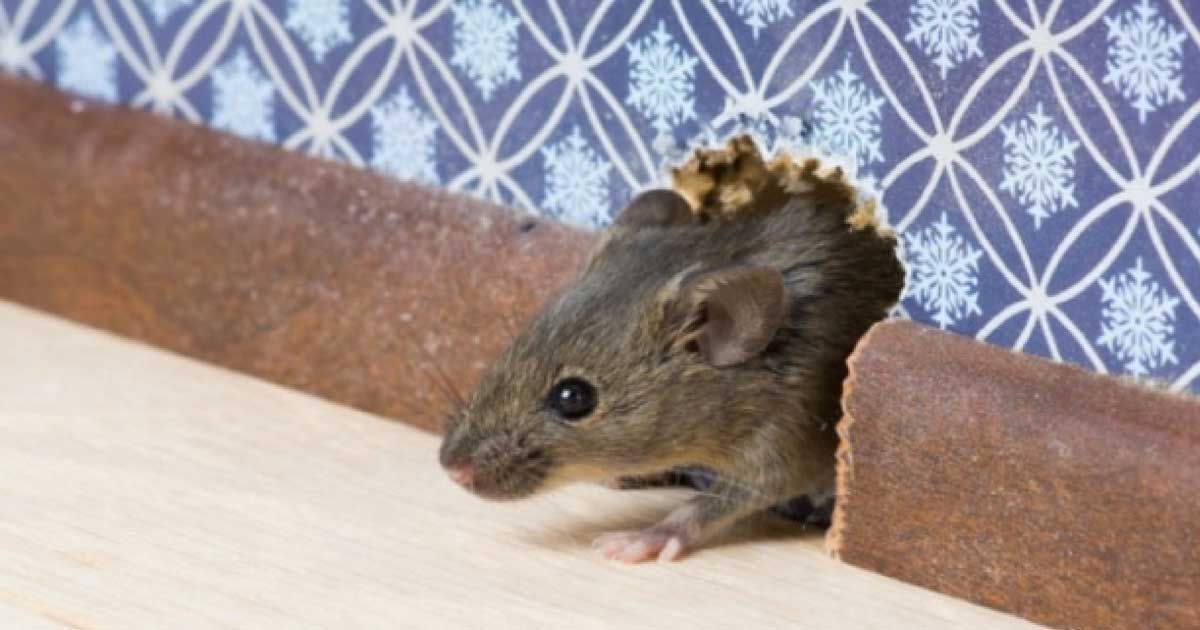The postnatal period is a crucial phase for a postnatal mother, as her body undergoes recovery after childbirth. Proper nutrition is essential to regain strength, boost immunity, and support breastfeeding. A well-balanced postnatal diet chart plays a significant role in ensuring that a new mother gets adequate nutrients for both her well-being and her baby’s health.
Why Is Postnatal Nutrition Important?
After delivery, a mother’s body requires additional nutrients to recover from labor, replenish lost blood, and produce sufficient breast milk. Following a structured postnatal diet chart Indian can help in:
Speedy Recovery: The right food choices aid in healing wounds, especially for mothers who have undergone C-sections.
Increased Breast Milk Supply: Eating nutritious foods enhances lactation and improves milk quality.
Boosting Immunity: Nutrient-dense foods strengthen the immune system and protect against infections.
Restoring Energy Levels: Motherhood is demanding, and a good diet ensures a steady supply of energy.
Best Foods for a Postnatal Mother
A postnatal diet chart should include a variety of wholesome, nutrient-rich foods. Here’s a detailed breakdown of what a new mother should consume:
1. Protein-Rich Foods
Protein is essential for tissue repair and muscle recovery. Include:
Dals (Lentils): Moong dal, toor dal, and masoor dal are excellent sources of protein.
Pulses and Legumes: Chickpeas, kidney beans, and green gram provide essential amino acids.
Dairy Products: Milk, curd, and paneer supply protein and calcium.
Eggs and Chicken: Non-vegetarian mothers can include eggs and lean meats for high-quality protein.
2. Healthy Fats for Energy
Good fats help in brain development and hormonal balance. Some great options are:
Ghee: A must-have in a postnatal diet chart Indian for its ability to enhance digestion and provide warmth.
Nuts and Seeds: Almonds, walnuts, flaxseeds, and sesame seeds are packed with omega-3 fatty acids.
Coconut and Coconut Oil: Known for their lactogenic properties, they promote breast milk production.
3. Iron-Rich Foods
Post-delivery blood loss makes iron crucial for new mothers. Include:
Green Leafy Vegetables: Spinach, fenugreek, drumstick leaves, and coriander leaves.
Dry Fruits: Dates, raisins, and figs are excellent iron boosters.
Beetroot and Pomegranate: These help in increasing hemoglobin levels.
4. Calcium for Strong Bones
Since lactation demands extra calcium, consuming calcium-rich foods is vital:
Ragi (Finger Millet): A staple in a breastfeeding diet India, ragi helps in bone health.
Sesame Seeds: High in calcium and great for boosting lactation.
Milk and Yogurt: Ensure at least two servings daily for sufficient calcium.
5. Fiber and Digestive Aids
Postpartum digestion can be sluggish, so fiber-rich foods help prevent constipation:
Whole Grains: Brown rice, oats, and whole wheat chapatis.
Fruits and Vegetables: Bananas, papayas, apples, carrots, and pumpkins.
Jeera (Cumin) and Ajwain (Carom Seeds) Water: Aid digestion and reduce bloating.
Postnatal Diet Chart for Indian Mothers
Here’s a postnatal diet chart Indian meal plan for a new mother:
Morning (6:00 AM – 7:00 AM)
Warm glass of jeera or ajwain water (aids digestion and boosts milk supply)
Handful of almonds and walnuts
Breakfast (8:00 AM – 9:00 AM)
Ragi porridge or oats with nuts
Vegetable paratha with ghee and curd
Moong dal chilla with green chutney
Mid-Morning Snack (10:30 AM – 11:00 AM)
Fresh fruit (banana, apple, or papaya)
Homemade dry fruit ladoo or a handful of dates
Lunch (1:00 PM – 2:00 PM)
Multigrain roti or brown rice
Dal (masoor/toor/moong dal)
Vegetable sabzi (spinach, bottle gourd, pumpkin)
Curd or buttermilk
A spoonful of ghee on rice or roti
Evening Snack (4:00 PM – 5:00 PM)
Makhana (Fox nuts) roasted in ghee
Milk with turmeric or dry fruit milkshake
Dinner (7:00 PM – 8:00 PM)
Vegetable khichdi with ghee
Paneer bhurji or dal with rice
Steamed vegetables or soup
Before Bed (9:00 PM – 10:00 PM)
Warm milk with a pinch of turmeric
Foods to Avoid in a Postnatal Diet
While focusing on a breastfeeding diet India, certain foods should be avoided:
Spicy and Oily Foods: Can cause colic in babies.
Caffeinated Drinks: Tea, coffee, and sodas can disrupt sleep.
Junk and Processed Foods: Lack essential nutrients.
Heavy Pulses like Rajma and Chana: May cause gas in babies.
Hydration is Key
A postnatal mother should stay hydrated for good milk production. Drink:
Warm Water: Helps with digestion.
Herbal Teas: Like fennel, jeera, and ajwain tea.
Coconut Water: Replenishes electrolytes.
Final Thoughts
A well-balanced postnatal mother postnatal diet chart Indian ensures that a postnatal mother recovers well and provides the best nutrition for her baby. Following a breastfeeding diet India that includes protein, good fats, iron, and calcium-rich foods will help maintain a healthy postpartum journey. Proper nutrition, combined with adequate rest and hydration, will ensure a smooth transition into motherhood.


